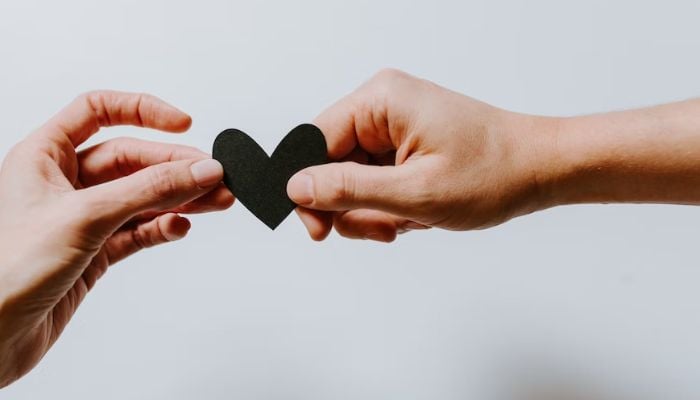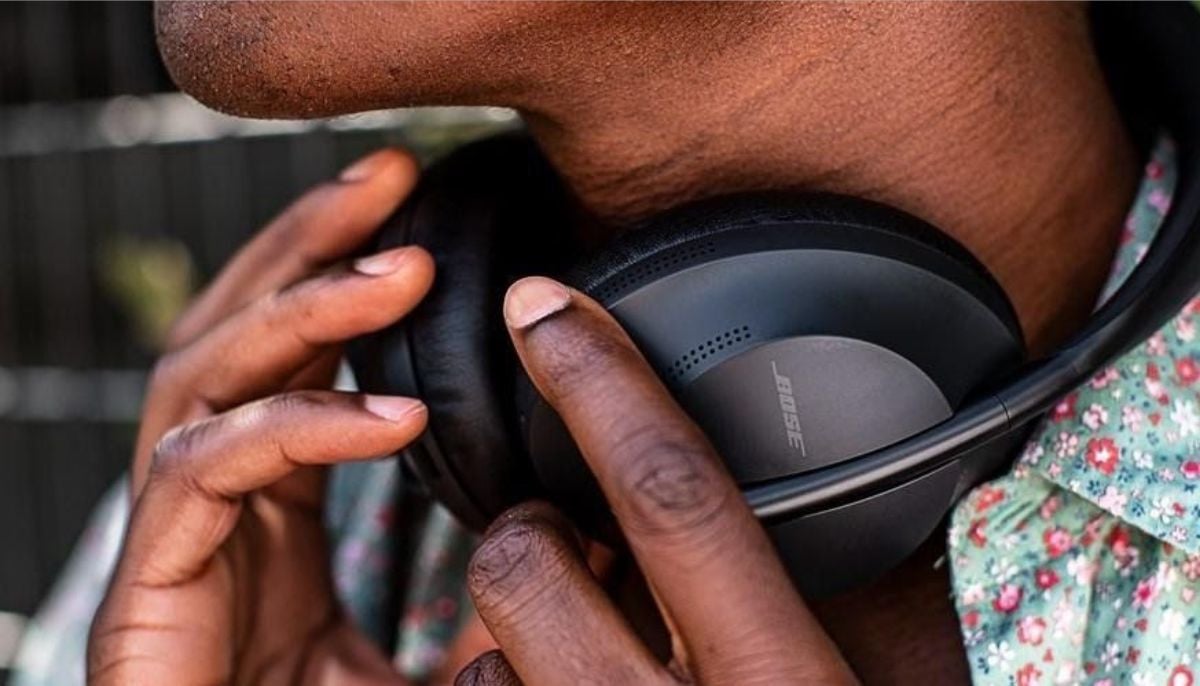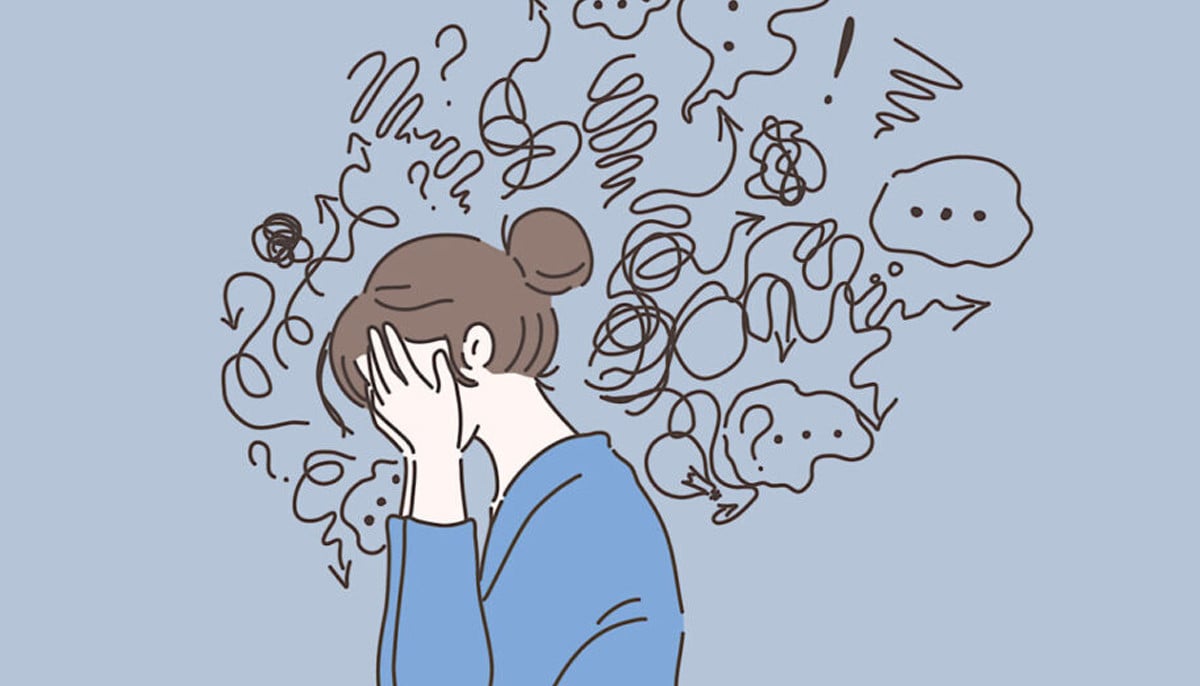Study shows 'love' can physically heal your damaged heart
Experts at Michigan State University say love hormone Oxytocin can aid healing of heart by boosting production of stem cells
The chemical oxytocin, also called "cuddle hormone" or "love hormone" released when people engage in warm and loving activities like hugging, stroking, breastfeeding a child, and physical relations between romantic partners could become a treatment for those with physically damaged hearts.
Experts at the Michigan State University said that Oxytocin can aid the healing of the heart by boosting the production of stem cells.
Researchers experimented on zebrafish and human tissues grown in the laboratory.
The senior author of the study Dr Aitor Aguirre said that their findings showed that the hormone was "capable of activating heart repair mechanisms in injured hearts in zebrafish and human cell cultures".
Produced in the hypothalamus of the brain, Oxytocin is responsible for romantic and sexual pleasure and is even believed to improve fertility in women. It stimulates positive feelings during exercise too.
A recent research study published in the journal Frontiers in Cell and Developmental Biology shows that this cuddle hormone can do way more. It can create more stem cells from the heart's protective layer, the epicardium. Later, these stem cells grow into cardiomyocytes which can generate heart contractions.
After medical incidents like a heart attack, the organ can be left damaged with many of these cardiomyocytes destroyed. The findings give hope that oxytocin can help re-develop these crucial cells.
Under natural conditions, human heart regeneration is not efficient and sufficient. However, zebrafish have an extraordinary capacity to regenerate organs after predators bite them off. It can even regenerate the brain, retina, and bone.
The "magic bullet"? Apparently, oxytocin.
Fortunately, whatever the scientists observed the oxytocin to be doing for zebrafish was seen in cultured human tissue as well. It turned human Induced Pluripotent Stem Cells (hIPSCs) into EpiPCs.
“These results show that it is likely that the stimulation by oxytocin of EpiPC production is evolutionary conserved in humans to a significant extent," said Aguirre.
He added that the benefits could be "enormous" if patients are treated with the hormone.
-
Late Ozzy Osbourne's 'terribly challenging' life with Parkinson's Disease
-
Emerging health threat: Toxic chemicals found in headphones, raising safety concerns among teens
-
Halsey’s rare health struggle you didn’t know about
-
Angelina Jolie and Brad Pitt mental health struggle amid divorce
-
Peter Dinklage shares achondroplasia struggle: 'My whole life I've had stares'
-
Celine Dion’s private battle with Stiff Person Syndrome
-
5 famous names who have spoken up about their anxiety
-
Janet Jackson on how vertigo left her unable 'to perform'












